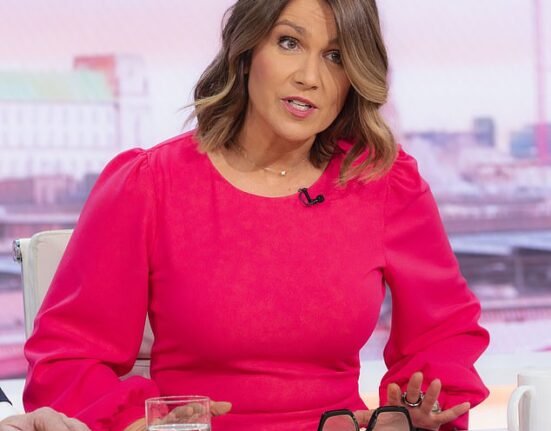An attempt by the Premier League to close a loophole that lets clubs use one-off profits from the sale of hotels, training grounds or other tangible assets in their financial fair play submissions has failed.
The league made the proposal at its annual general meeting in Harrogate, North Yorkshire on Thursday but only 11 of the 20 clubs backed it, significantly short of the two-third majority required for a change in English top flight’s profitability and sustainability rules (PSR).
The English Football League stopped its clubs from using artificial windfall profits on property sales in 2021, after half a dozen clubs had sold their stadiums or training grounds to themselves in order to avoid breaching the PSR limit on permitted losses.
The Premier League considered taking the same action but its clubs did not feel strongly enough about it at the time for the league to put it to a vote.
That changed, however, this season when Chelsea avoided breaching the PSR limit by selling the two hotels and car parks at Stamford Bridge to a sister company for £76.5million (now $98m). This was enough to turn a £166.4million loss in 2022-23 into a £89.9million deficit for the club.
Widespread anger about that transaction forced the Premier League to look at its rulebook again, with the result being the proposal to copy the EFL’s prohibition on using such windfalls in PSR calculations.
The amendment failed, however, because several clubs thought the wording of the ban was too wide, according to people with knowledge of the proposal. It did not clearly distinguish between the type of non-football revenues that clubs believe they should be encouraged to exploit, such as building hotels, houses or indoor arenas, and the accountancy tricks of selling existing property to yourself.
It is therefore almost certain that the Premier League will try to tighten up its proposal and bring it back to the clubs, as it believes it needs more tools to effectively regulate the clubs to ensure sustainability and fair competition.
But this was not the only vote the league lost on Thursday, as it also failed with an amendment to make it an obligation that clubs self-report breaches of the league’s financial rules.
Rules on self-reporting are relatively common in membership associations like the Premier League but with trust in the league’s competence as a regulator at a record low, it is perhaps not a surprise that this measure was not approved.
Like the asset-sale loophole, the league is likely to bring this proposal back for reconsideration at the earliest opportunity.
There was one other notable defeat for the league, too, although this idea did not get as far as a vote. The Premier League realised it had no chance of success with a proposal to make it mandatory for clubs to consult the league before taking legal action against it.
Clearly proposed with the recent action taken by Manchester City on the associated party transaction rules in mind, the league will have to go away and think if this is a rule worth fighting for.
The Premier League, however, did have more success with an informal vote to back a trial of a top-to-bottom “anchoring” regime that will tie the amount of money clubs can spend on their squads to the central media and sponsorship income of the last-placed club. That measure will run alongside the new squad cost rules “in shadow” next season.
The league, which was contacted for comment, will also be relieved that votes on club proposals to scrap VAR and stretch the PSR threshold for permitted losses to £135million were defeated.

GO DEEPER
Premier League clubs agree to trial new cost-control rule next season
(Catherine Ivill/Getty Images)







